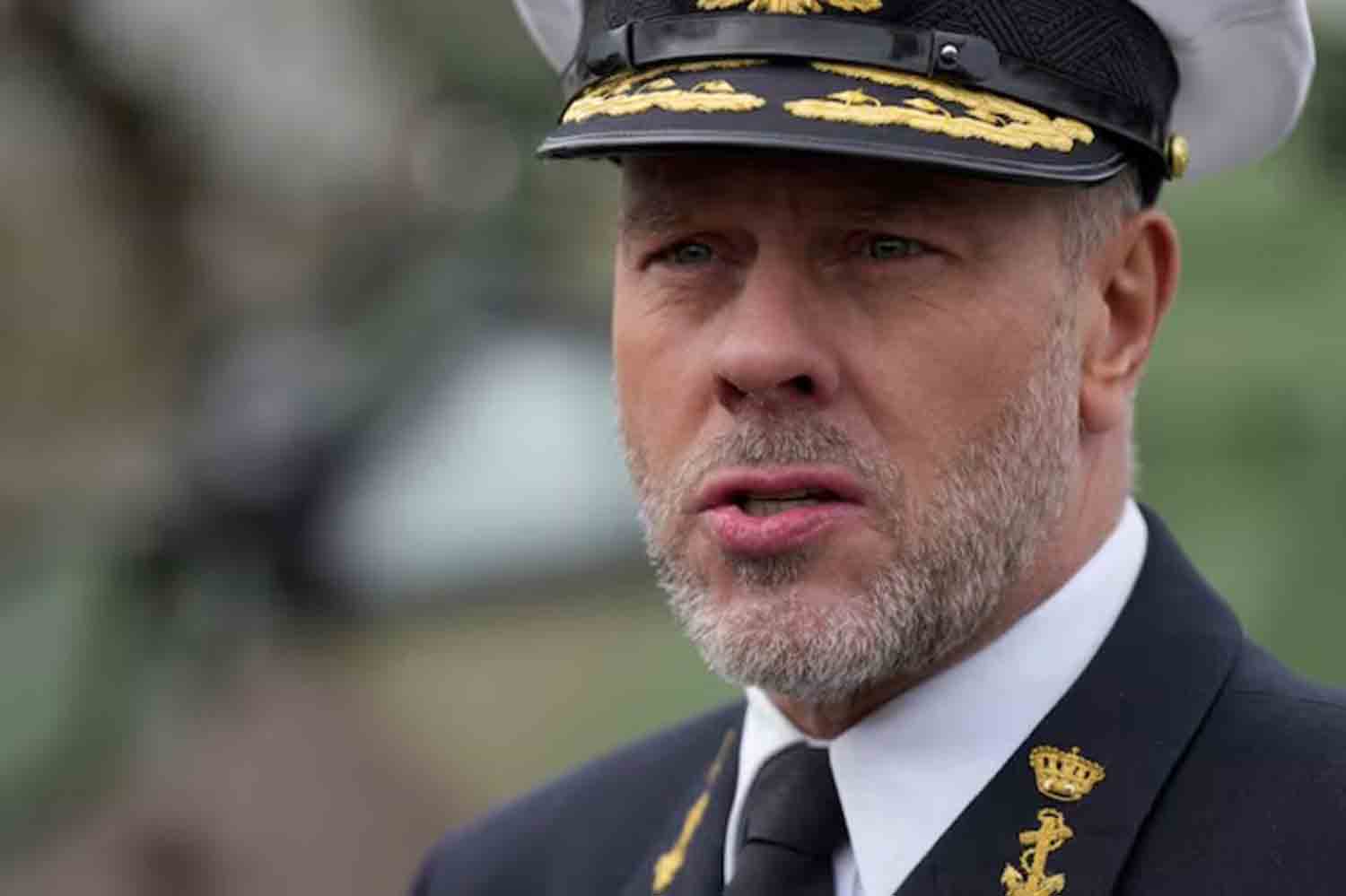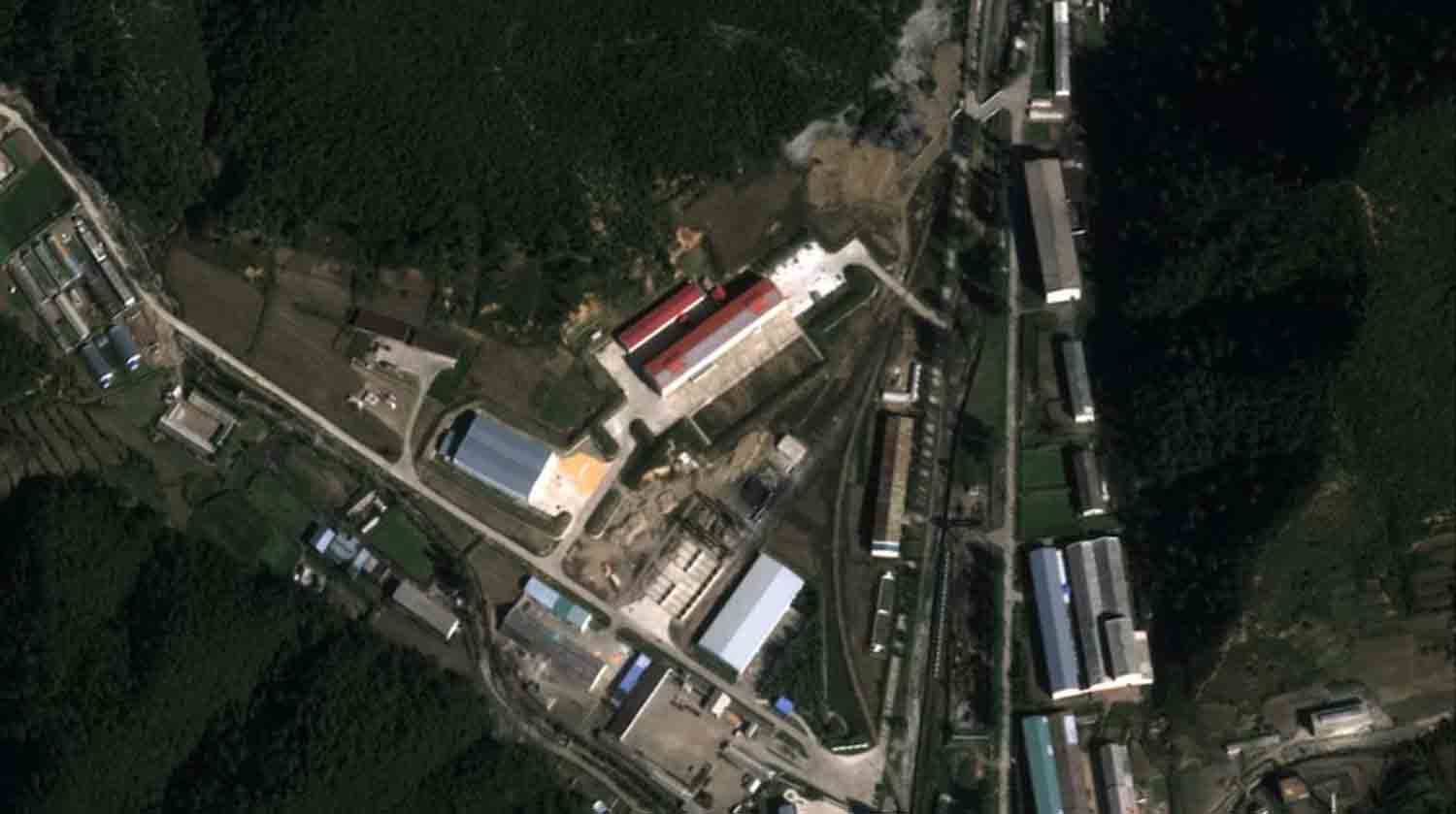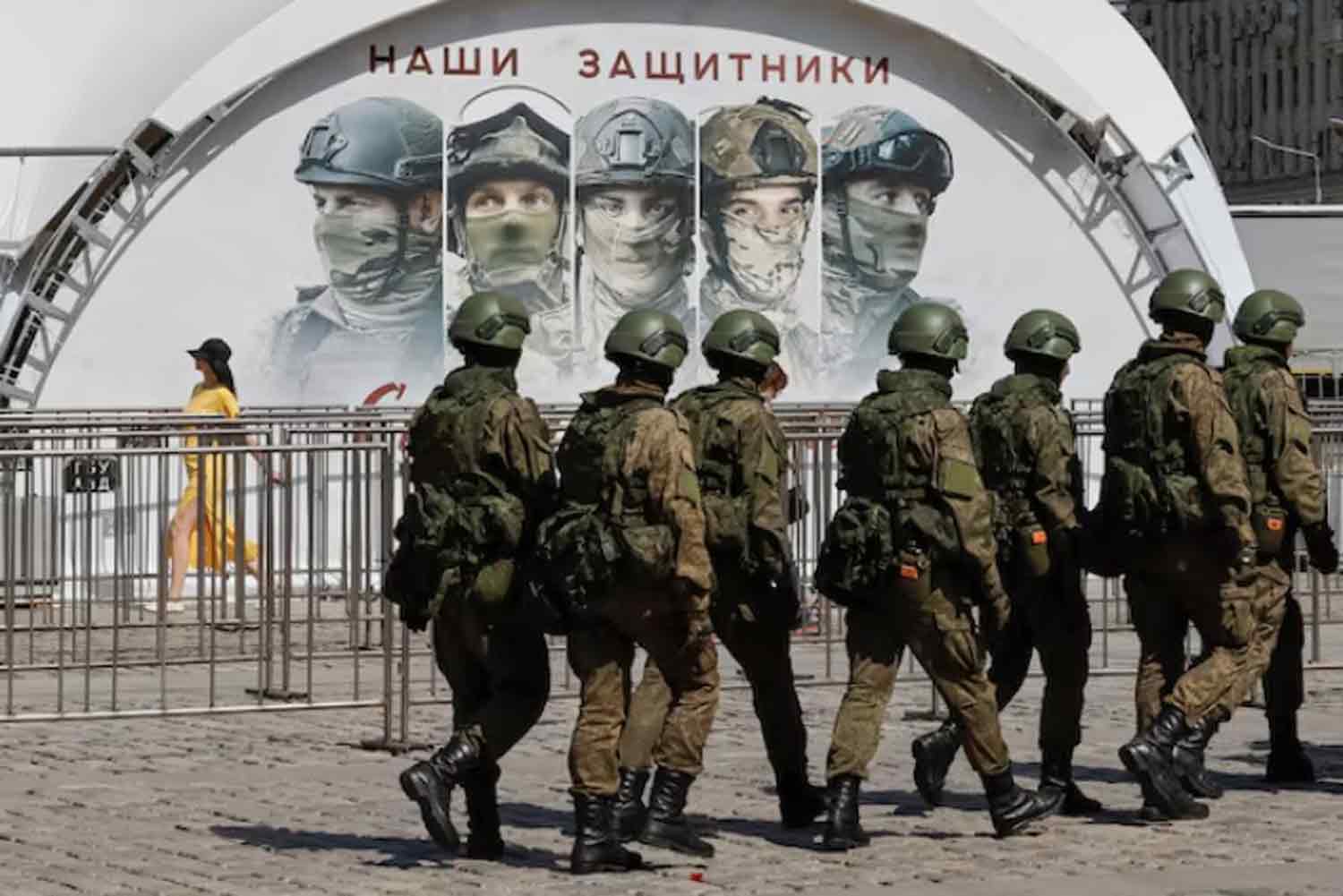A senior NATO military official emphasized on Monday the necessity for businesses to prepare for potential wartime conditions and to modify their production and distribution processes accordingly, in order to reduce susceptibility to coercion from nations like Russia and China.
“The ability to ensure the uninterrupted delivery of essential services and goods is a fundamental aspect of our deterrence strategy,” stated Dutch Admiral Rob Bauer, chair of NATO’s military committee, during an event in Brussels.
At the European Policy Centre think tank gathering, he articulated that deterrence extends beyond mere military strength, as all available resources would be mobilized in times of conflict.
“We are witnessing an increase in acts of sabotage, and Europe has experienced this with its energy supplies,” Bauer remarked.
“We believed we had an agreement with Gazprom, but in reality, we were dealing with Mr. Putin. The same applies to infrastructure and goods owned by Chinese entities; our agreement is with President Xi Jinping.”
Bauer highlighted the West’s reliance on Chinese supplies, noting that 60% of all rare earth materials are produced there, with 90% processed in China. He also pointed out that chemical components for sedatives, antibiotics, anti-inflammatories, and medications for low blood pressure are sourced from China.
“It is naive to assume that the Communist Party will refrain from leveraging this power. Business leaders in Europe and the United States must understand that their commercial choices carry strategic implications for national security,” Bauer asserted.
“Businesses need to be prepared for a wartime scenario and adjust their production and distribution lines accordingly. Because while it may be the military who wins battles, it’s the economies that win wars.”
Discover more from Defence Talks | Defense News Hub, Military Updates, Security Insights
Subscribe to get the latest posts sent to your email.





